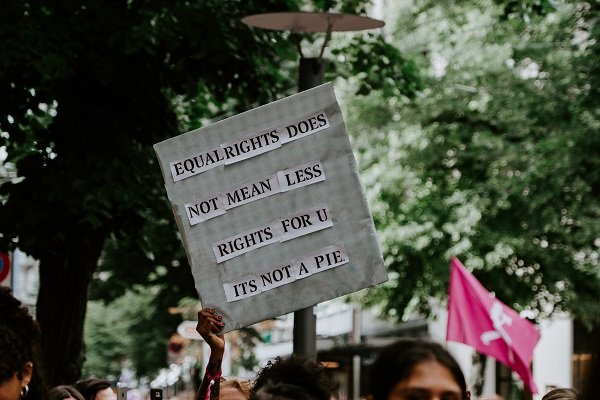Drinks an ungodly amount of coffee and eats an ungodly…
This article was updated on Sept. 16, 2020 to include further information on the bill.
When Risa Hontiveros, roused by Gretchen Diez’s bathroom case, pushed the SOGIE bill in the plenary in 2019, she was met with rave and support, as well as grave opposition. Refiling Senate Bill No. 159, otherwise known as the SOGIE Equality Bill, the senator seeks protection for Filipinos across the SOGIE spectrum from gender-based discrimination.
A year later, the bill languishes, taking a backseat to the Philippine pandemic response and other extremely pressing and urgent matters, like shutting a nationwide broadcaster down, establishing a new form of greeting, and renaming NAIA.
And on top of the Congress’ non-priority, the bill also faces an age-old enemy: supporters of the Church. In a country with over 80 million Catholics, and where the church exercises influence over matters of the state, the bill was — unsurprisingly — met with criticism.
To add fuel to the fire, myths and misconceptions abound, with misleading posts about the SOGIE bill garnering thousands of shares — faster than the bill’s authors could correct them.
So to help you cut through the noise and get to the facts, we’ve round up several points of discussion to demystify the bill.
What is the SOGIE Bill?
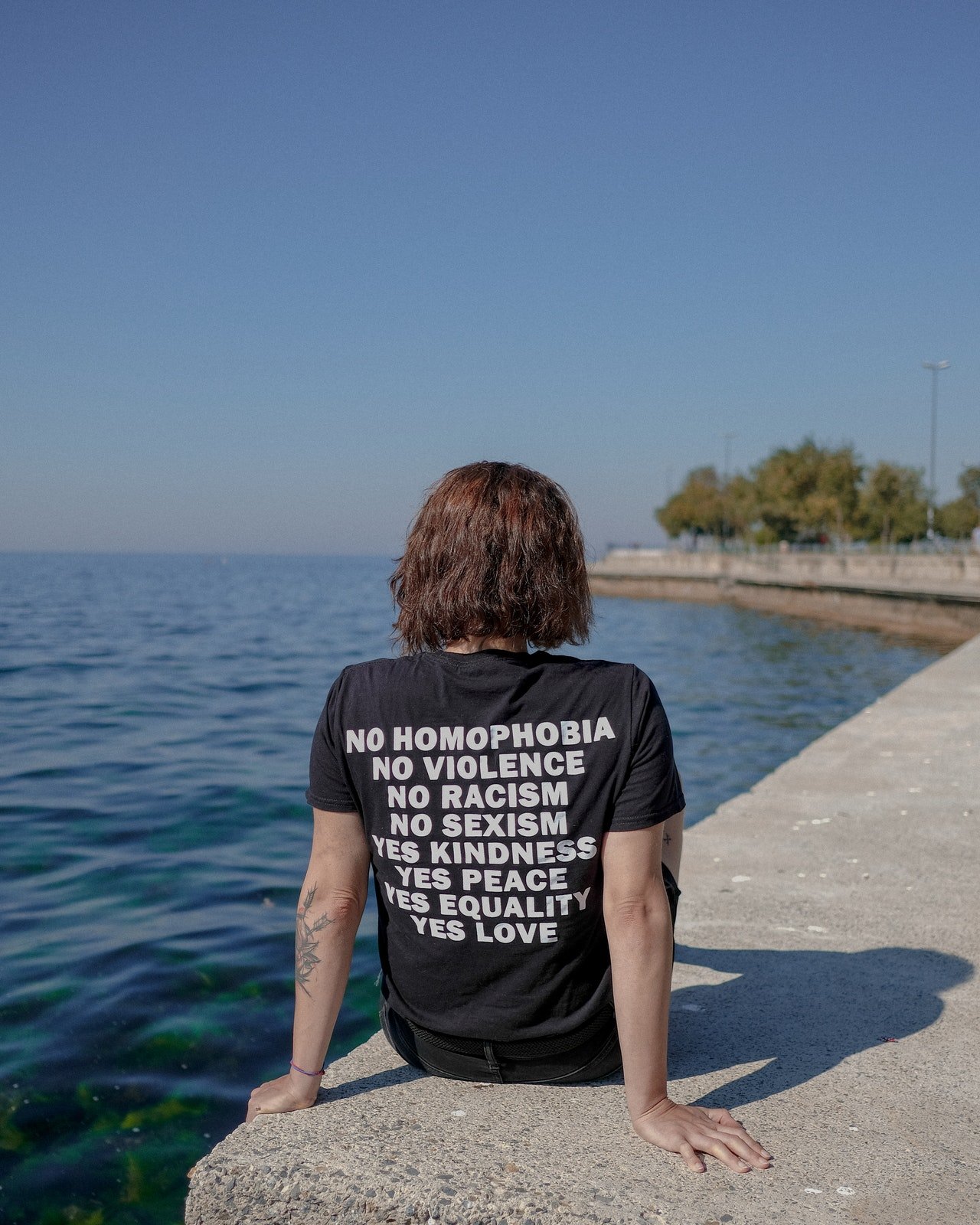
At its core, it is an anti-discriminatory bill. Its main purpose is to protect people from discrimination on the basis of SOGIE.
It’s also important to discuss what the SOGIE Bill isn’t. It doesn’t accord “special rights” to anybody or take away the rights of anyone. It simply protects the (existing) right of people to live and work free from discrimination.
Why do we need to protect their rights? Don’t we have enough anti-discriminatory laws in place?
The authors of the bill believe otherwise. Atty. Kristine Mendoza, a lawyer who works at the office of Sen. Hontiveros, argue that some LGBT+ members are deprived of rights to work, education, access to services, among others, on the basis of their SOGIE.
People who experience discrimination not because of their ethnicity, education, or anything else — but because of their SOGIE. These are the people the bill seeks to protect.
What’s SOGIE anyway?
Now the biggest question is, what does SOGIE mean? It stands for Sexual Orientation, Gender Identity, and Gender Expression. If you want to get into the nitty-gritty (and we suggest that you do), check out our Pride Month explainer.
But to put it simply, sexual orientation refers to the people you’re attracted to. You like the opposite gender? You’re heterosexual, also known as straight. You like the same gender? You’re homosexual. You like both? You’re bi!
Gender identity is how you see yourself. If you resonate with the body you’re born with, you’re cisgender. Born with a vagina and see yourself as a woman? You’re cis. But if you feel that your identity is different from the body you were born with, you’re transgender. Born with a penis but you know you are a woman? You’re trans. Lastly, gender expression is how you express your gender.
I’m straight. Am I affected?
You have a SOGIE! Straight people are part of the SOGIE spectrum, as well.
Even though the SOGIE Bill champions the rights of the LGBTQIA+ community, in theory, the bill also covers straight people. You have a sexual orientation (you’re heterosexual), a gender identity (you’re cisgender), and a gender expression (you’re traditionally masculine or feminine).
You stand in that very broad spectrum, and this bill concerns you, too! It’s not a question of protecting their rights. It’s your SOGIE, your rights, as well.
Now, let’s discuss the misconceptions.
Point #1: The SOGIE Bill Does Not Enable Gay Marriage
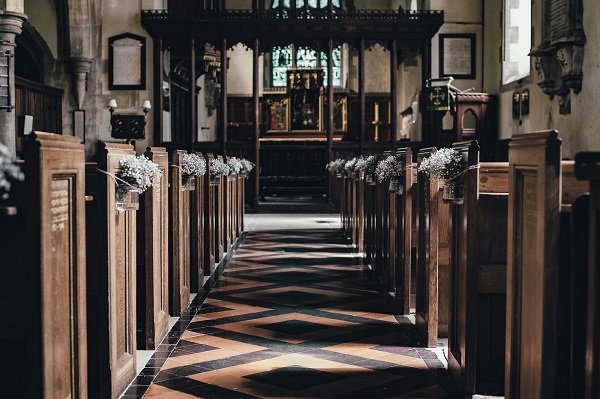
One of the biggest arguments against the SOGIE Bill is that it allegedly paves the way for same-sex unions in the Philippines.
Nowhere in the latest version of the bill, however, was same-sex marriage mentioned. But some critics cite Section 5 (g), which classifies the “(denial of) an application for or revoke, on the basis of SOGIE, any government license, authority, clearance, permit, certification, or other similar documents” as a form of discrimination.
With this provision, some assume that denying marriage licenses to gay couples is a form of discrimination. Ergo, this would lead to the legalization of same-sex marriage.
This is false; it would take more than the SOGIE bill to legalize same-sex civil unions. To allow same-sex civil unions, lawmakers would have to amend the Family Code of the Philippines, which limits marriage to a “union between a man and a woman.”
In 2019, the Supreme Court dismissed a petition to allow same-sex unions for “lack of standing” and “failing to raise an actual, justiciable controversy.” So even if the SOGIE Bill is passed, same-sex unions are still far-off.
Sen. Hontiveros also mentioned that she is willing to add a provision that exempts marriage licenses from the bill.
It must also be noted that some members of the Church support the bill. For instance, Sr. Mary John Mananzan of St. Scholastica’s College affirms that the bill doesn’t give anyone privileges.
Point #2: The SOGIE Bill Does Not Curtail Religious Freedoms
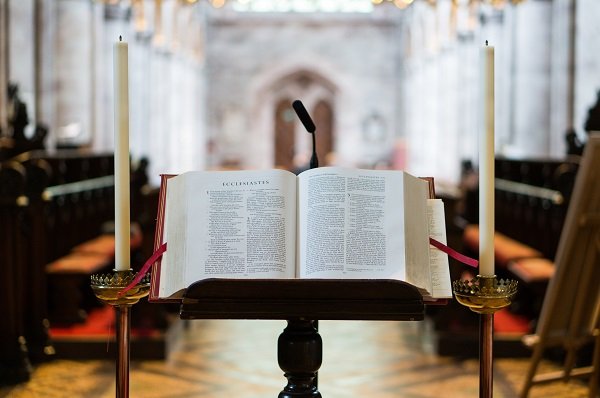
Some groups claim that the bill will undercut religious freedoms. Take Catholic schools for instance — will they be penalized for refusing transgender individuals, as is consistent with their beliefs?
The author clarified that this is not the case. The bill will not hold it against religious organizations if they do not accept transgender children. And this is stated in Section 5 (c): it is unlawful to refuse admission or expel a person based on SOGIE, but institutions still have the right to screen based on the academic qualifications of their students.
On top of that, the bill doesn’t explicitly mention anything that seeks to stop any religious activity; it merely defines and penalizes SOGIE-based harassment.
It’s still unclear, however, to what extent the church can declare its stand on homosexuality — without incurring sanctions. As Eddie Villanueva, lawmaker and leader of the Jesus Is Lord Movement, points out, how would Christians express their faith if they’re threatened with punishment whenever they share their religious beliefs on homosexuality?
Point #3: The SOGIE Bill Does Not Violate the Rights of Heterosexuals
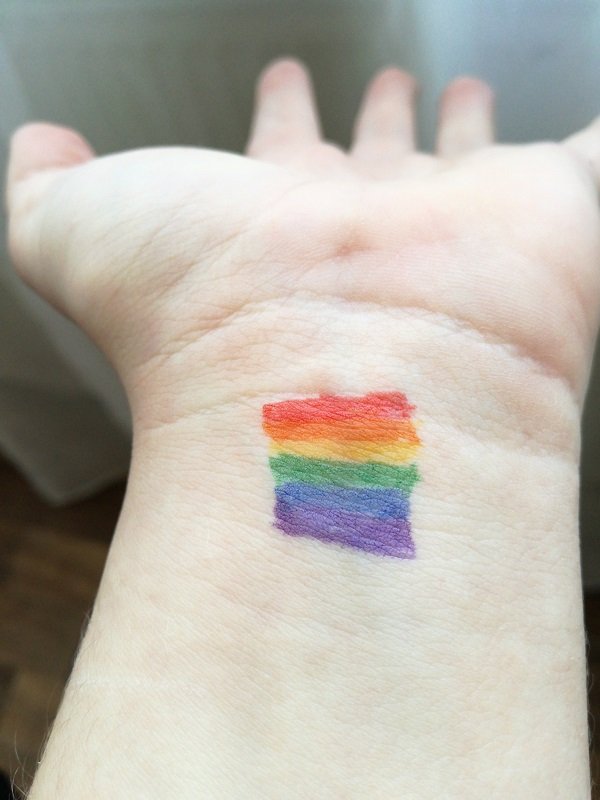
“Paano kami?” is the battlecry of heterosexual (straight) critics of the SOGIE Bill. According to them, the bill will accord “special rights” to members of the LGBTQIA+ community.
The latest to echo this argument is the AFP, which claimed that the respect for LGBT community need not “sacrifice” the right of the majority.
But no “special rights” are mentioned in the bill.
It doesn’t grant special privileges for non-heterosexual people. It only protects them from discriminations related to work, education, membership to organizations, health care, basic services, and more. The only thing that it seeks to create is programs that promote non-discrimination, outlined in Section 10.
The bill also doesn’t mention anything that takes away the rights of heterosexuals. It seeks only to give LGBTQIA+ members the same rights that are enjoyed (and taken for granted) by heterosexual in the Philippines.
Here is the bill in action as illustrated by Sen. Hontiveros:
- It penalizes employers who discriminate LGBT persons
- It provides programs to protect LGBT children in schools
- It gives LGBT people equal access to social services
This applies, for instance, when:
- Gay men are refused medical services because they are gay
- Transwomen are refused services at an establishment because they are transgender
- A lesbian is given more severe punishment in school simply because she is a lesbian
- Gays experience differential treatment at work because they’re gay
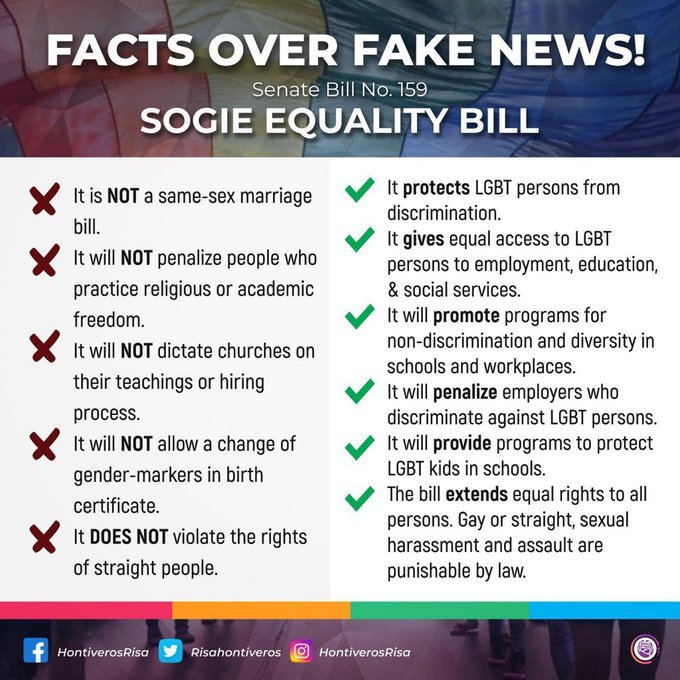
Note that the bill, unlike other discrimination laws, focuses on one’s SOGIE. Thus, it only answers for discrimination based on someone’s sexual orientation, gender identity, and expression. This applies, for instance, when gay men are refused health services because they are gay; when transwomen are refused services at an establishment because they are transgender; when a lesbian is given more severe punishments in school simply because she is a lesbian.
If the discrimination is based on other factors (like ethnicity), other laws would have to be called upon.
It’s also worth noting that straight people are part of the SOGIE spectrum, as well. Even though the SOGIE Bill’s agenda is to champion the rights of the LGBTQIA+ community, in theory, the bill also covers straight people; they too have a sexual orientation (they’re heterosexual), a gender identity (they’re cisgender), and a gender expression (traditionally masculine or feminine).
Ultimately, the SOGIE bill seeks to benefit everyone, regardless of where they stand on the gender spectrum. But there are still provisions that demand clarifications. No matter how staunch the supporters or how intense the public dissent, the fate of the bill rests on our lawmakers and the president, who once voiced his support for an anti-discrimination law.
But as with many controversial bills, it suffers the neglectful glance of a conservative Congress and competes with other (more or less) pressing laws.
So as the bill brews in the plenary, we invite you to join the movement, support the SOGIE Bill, and advocate #SOGIEEqualityNow.
What's Your Reaction?
Drinks an ungodly amount of coffee and eats an ungodly amount of chocolate. Up at an ungodly hour.

